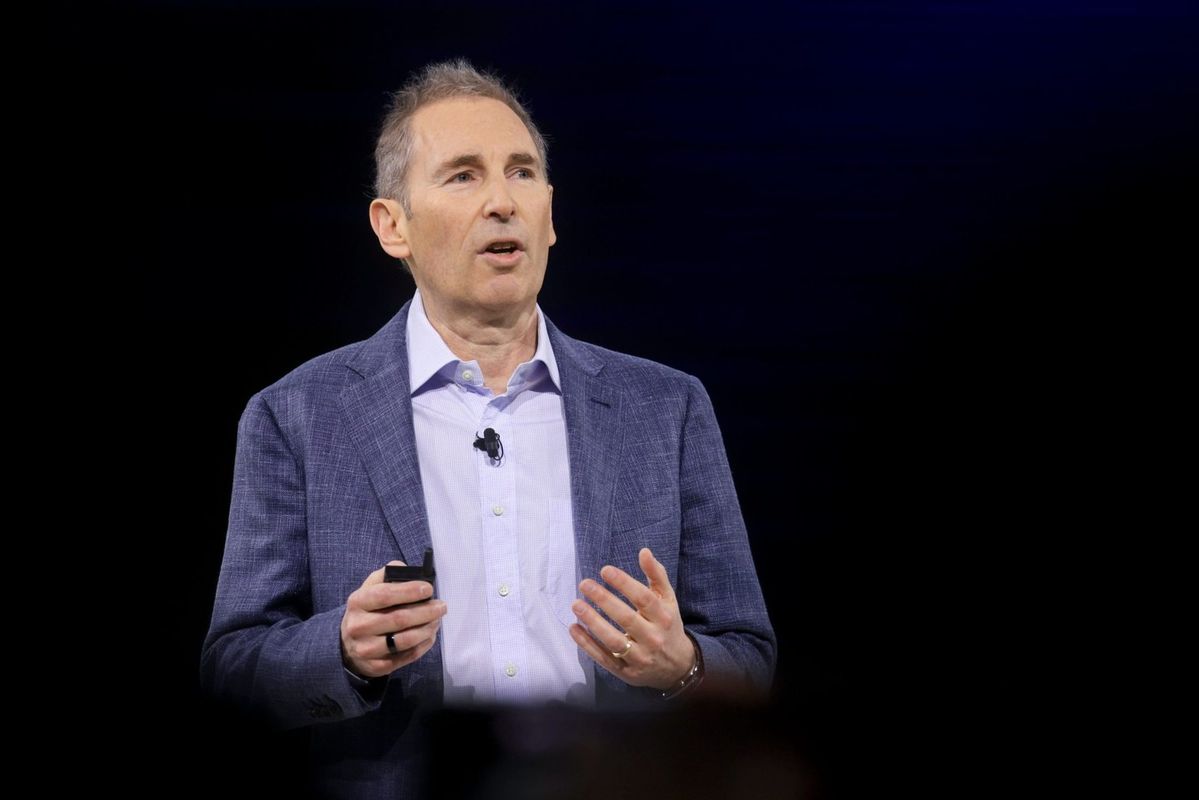
Amazon CEO Andy Jassy: AI Will Enhance Jobs, Despite Some Rote Work Being Automated
Aug 2, 2025 |
👀 70 views |
💬 0 comments
Amazon CEO Andy Jassy has articulated a nuanced view on the impact of artificial intelligence on the workforce, emphasizing that while AI will undoubtedly lead to "fewer people doing some of the jobs that are being done today," its overarching effect will be to enhance human work and make roles more enjoyable and strategic.
Jassy's comments, made during Amazon's recent earnings call and in prior internal memos, reflect a shift in public messaging from an initial, more stark warning about job displacement. He now stresses that AI's power lies in freeing employees from "rote" and repetitive functions, allowing them to focus on higher-value tasks, innovation, and creative problem-solving.
AI as a Force Multiplier, Not Just a Replacement Tool
Amazon is aggressively integrating AI across its vast operations, from its core e-commerce business to its cloud computing arm, AWS, and its burgeoning robotics division. Jassy highlighted several concrete examples of AI's current impact:
Coding Assistance: Jassy stated that AI coding agents have already saved Amazon programmers "4,500 years of work" by significantly speeding up coding tasks. This allows developers to "start from a much more advanced starting spot" and focus on more complex architectural challenges and new feature development.
Customer Service Automation: AI is transforming customer service through platforms like AWS Connect, handling routine inquiries and enabling human agents to tackle more intricate customer issues.
Business Process Automation: Across various departments, including finance and operations, AI is being deployed to automate business processes, leading to significant efficiency gains.
Next-Generation Products: Amazon's commitment to AI is evident in products like the next-generation Alexa+ assistant and AI-powered shopping tools used by millions of customers. The company also recently deployed its millionth robot in a fulfillment center in Japan, with robot automation now assisting over 75% of global deliveries.
Jassy notes that Amazon currently operates more than 1,000 generative AI services across its business units, and this number is constantly growing. He views AI as a transformative technology that comes along "once-in-a-lifetime," fundamentally changing what's possible for customers and businesses.
A Shifting Workforce and the Imperative to Adapt
While Jassy's tone is now more optimistic about the nature of work with AI, he has consistently acknowledged that the technology will reshape Amazon's 1.5 million-person workforce. In a June 2025 internal memo, he wrote, "We will need fewer people doing some of the jobs that are being done today, and more people doing other types of jobs." He admitted it's "hard to know exactly where this nets out over time," but anticipates that "this will reduce our total corporate workforce as we get efficiency gains from using AI extensively across the company."
This perspective aligns with a broader industry trend where companies are investing heavily in AI infrastructure and applications, often leading to restructuring and, in some cases, layoffs. Amazon itself has already eliminated more than 27,000 jobs through rolling layoffs since 2022, with further reductions continuing in 2025.
Jassy's message to employees is clear: the choice for companies in this AI revolution is to "embrace the change that's happening and help shape the new era, or you can wish it away and have it shape you." He encourages Amazon employees to "be curious about AI, educate yourself, attend workshops and take trainings, use and experiment with AI whenever you can." Those who embrace this shift, he contends, "will be well-positioned to have high impact and help us reinvent the company."
Ultimately, Amazon's CEO sees AI not as a destroyer of jobs, but as a powerful catalyst for evolving work, pushing human employees towards more strategic, innovative, and ultimately, more "enjoyable" roles. The challenge, he suggests, lies in proactively adapting to this transformative technology.
🧠 Related Posts
💬 Leave a Comment
